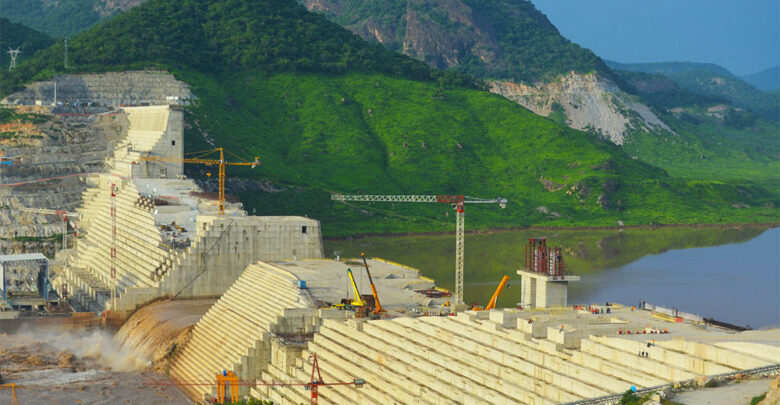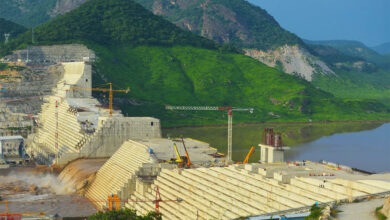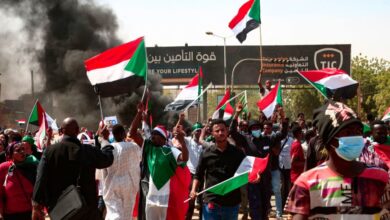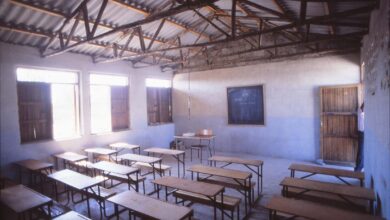
Egypt on Tuesday warned the second filing of the controversial Grand Ethiopian Renaissance Dam (GERD) without reaching a legal and binding agreement would have catastrophic effects, reported Xinhuanet. It is feared that Ethiopia’s decision to continue with the filling might result in an escalation of tensions in Africa that threatens international peace and security.
While addressing a virtual conference of the International Labor Conference (ILO), Egyptian Manpower Minister Mohamed Saafan said that Ethiopia’s unilateral measures regarding filling the dam without reaching an official agreement with Egypt and Sudan would significantly harm the agriculture sector in the two downstream countries.
Notably, Ethiopia went ahead with the first filling of the dam during the rainy season last year. The volume of the first-phase filling last year was 4.9 billion cubic meters.
In February, the Ethiopian government announced that it would carry on with the second-phase 13.5-billion-cubic-meter filling of the GERD in June-July this year.
Egypt and Sudan are concerned that the filling of the dam would affect their shares of the Nile River water while calling for reaching a prior tripartite agreement over the technical and legal issues related to the filling and operation of the GERD.
Saafan told the ILO conference that the anticipated Ethiopia measure would have “catastrophic social and economic effects on Egypt and Sudan in terms of the desolation of agricultural lands and loss of hundreds of thousands of jobs in the agricultural sector, as well as endangering their water security.”
Egypt and Sudan have proposed to form an international quartet, which includes the African Union, the United States, the European Union, and the United Nations, to mediate in the tripartite GERD talks, but Ethiopia has declined the proposal.
Ethiopia, which started building the GERD in 2011, expects to produce more than 6,000 megawatts of electricity from the mega-dam project.






